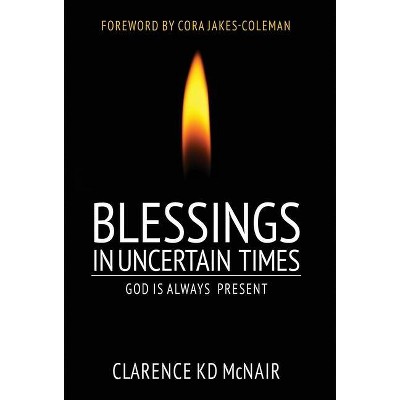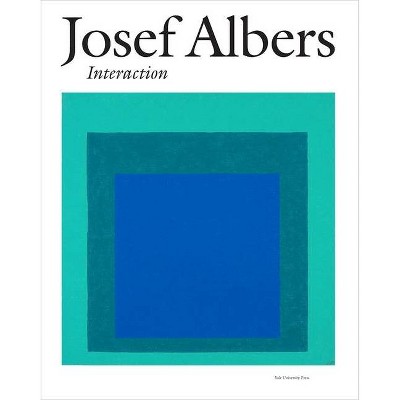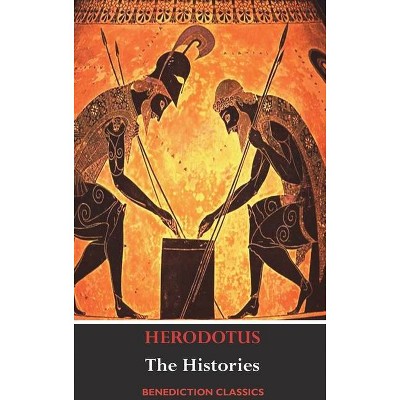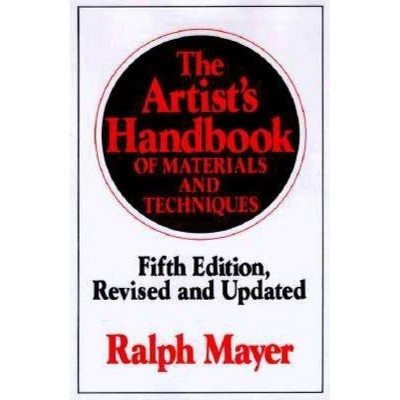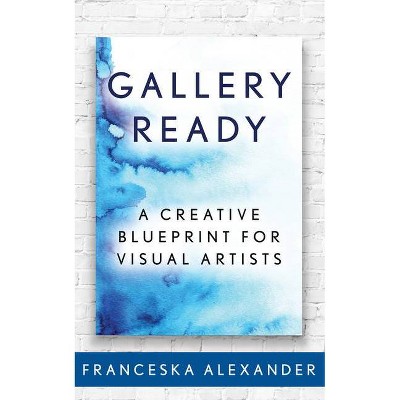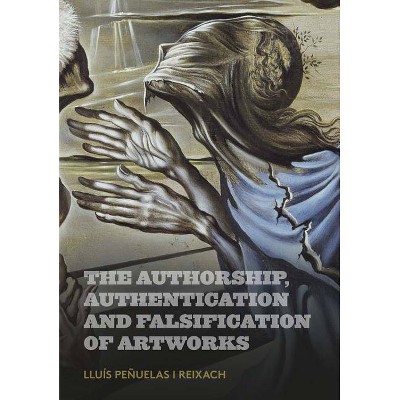Uncertain Histories - by Kate Palmer Albers (Hardcover)
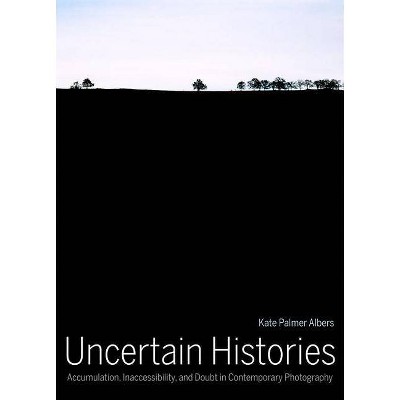
Similar Products
Products of same category from the store
AllProduct info
<p/><br></br><p><b> About the Book </b></p></br></br>"The compulsion to dwell on history--on how it is recorde d, stored, saved, forgotten, narrated, lost, remembered, and made public--has been at the heart of artists' engagement with the photographic medium since the late 1960s. [This book] considers some of that work, ranging from installations that incorporate vast numbers of personal and vernacular photographs by Christian Boltanski, Dinh Q. Lae, and Gerhard Richter to confrontations with absence in the work of Joel Sternfeld and Ken Gonzales-Day"--Provided by publisher.<p/><br></br><p><b> Book Synopsis </b></p></br></br>The compulsion to dwell on history--on how it is recorded, stored, saved, forgotten, narrated, lost, remembered, and made public--has been at the heart of artists' engagement with the photographic medium since the late 1960s. <i>Uncertain Histories</i> considers some of that work, ranging from installations that incorporate vast numbers of personal and vernacular photographs by Christian Boltanski, Dinh Q. Lê, and Gerhard Richter to confrontations with absence in the work of Joel Sternfeld and Ken Gonzales-Day. Projects such as these revolve around a photographic paradox that hinges equally on knowing and not knowing, on definitive proof coupled with uncertainty, on abundance of imagery being met squarely with its own inadequacy. Photography is seen as a fundamentally ambiguous medium that can be evocative of the historical past while at the same time limited in the stories it can convey. Rather than proclaiming definitively what photography is, the work discussed here posits photographs as objects always held in suspension, perpetually oscillating in their ability to tell history. Yet this ultimately leads to a new kind of knowledge production: uncertainty is not a dead end but a generative space for the viewer's engagement with the construction of history.<p/><br></br><p><b> From the Back Cover </b></p></br></br>"Cohesive and compelling."--Stephen Monteiro, Assistant Professor of Global Communications, American University of Paris, and author of <i>Screen Presence: Popular Film Practices in the Art of Warhol, Rauschenberg, Hatoum, and Gordon</i> <p/> "Albers's sharp analysis reveals the limits of photographic representation and the degree to which some of the most talented photographers aestheticize these restrictions rather than seek to compensate for them. Particularly exciting about this book is how Albers not only points to the presence and texture of this aesthetic of doubt but even goes on to theorize its purpose. With great intelligence, she rethinks the checkered relationship of photography with the reality it seems to represent and the strategies that arise from photographers who acknowledge these limitations."--Andrés Mario Zervigón, Associate Professor of the History of Photography, Rutgers University<p/><br></br><p><b> Review Quotes </b></p></br></br><br>"<i>Uncertain Histories</i> is well written, tightly focused, and without unnecessary detours . . . as a whole the book makes for a fascinating read, with an exemplary clear and structured line of reasoning."-- "Journal of Art History"<br><p/><br></br><p><b> About the Author </b></p></br></br><b>Kate Palmer Albers</b> is Associate Professor of Art History at the University of Arizona.
Price History
Price Archive shows prices from various stores, lets you see history and find the cheapest. There is no actual sale on the website. For all support, inquiry and suggestion messages communication@pricearchive.us




